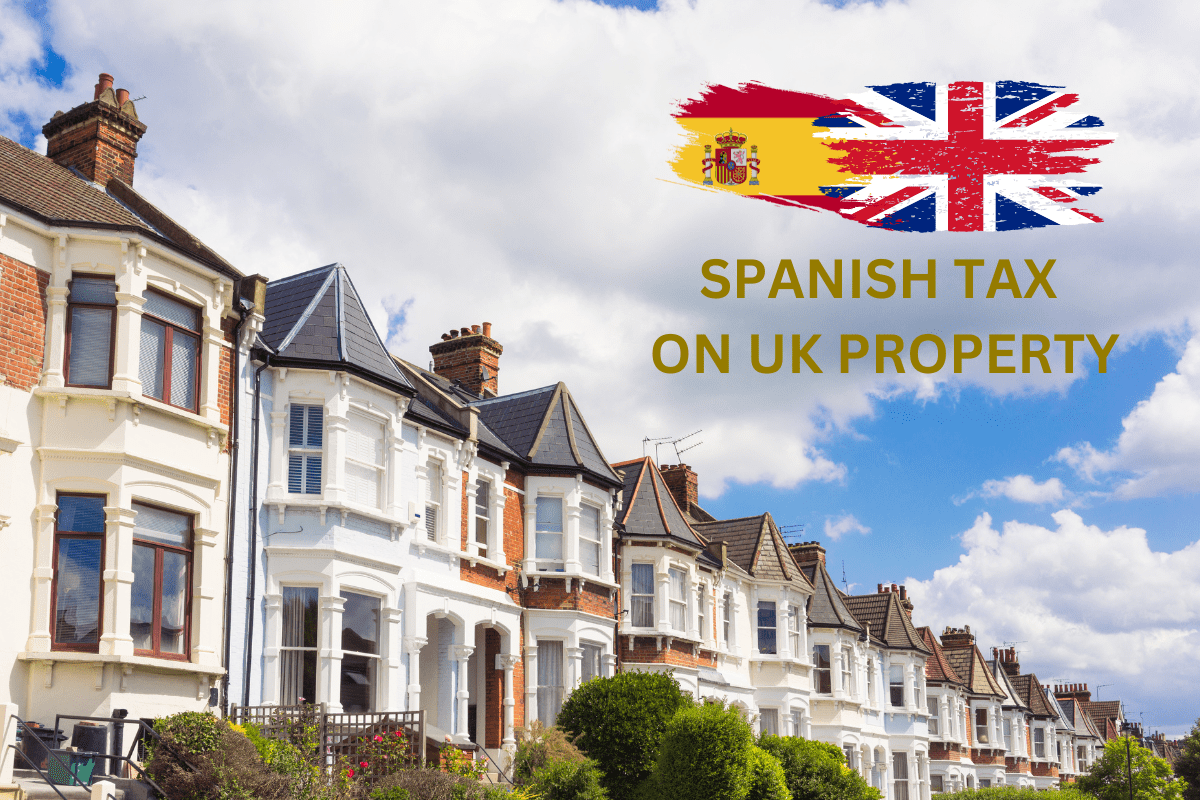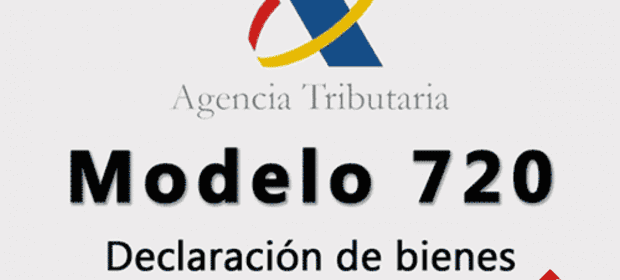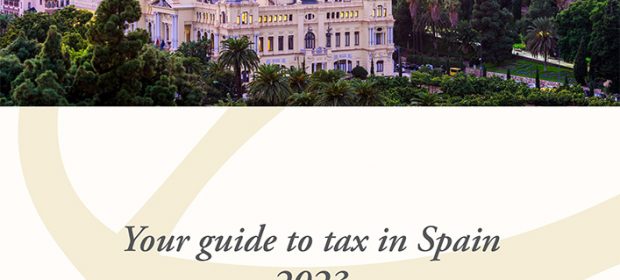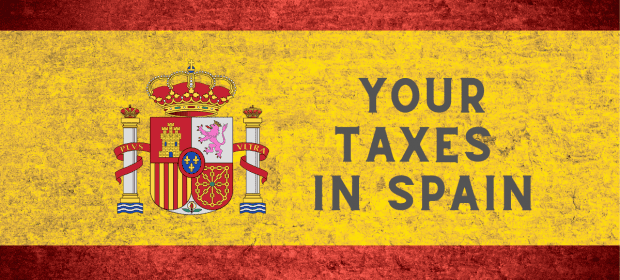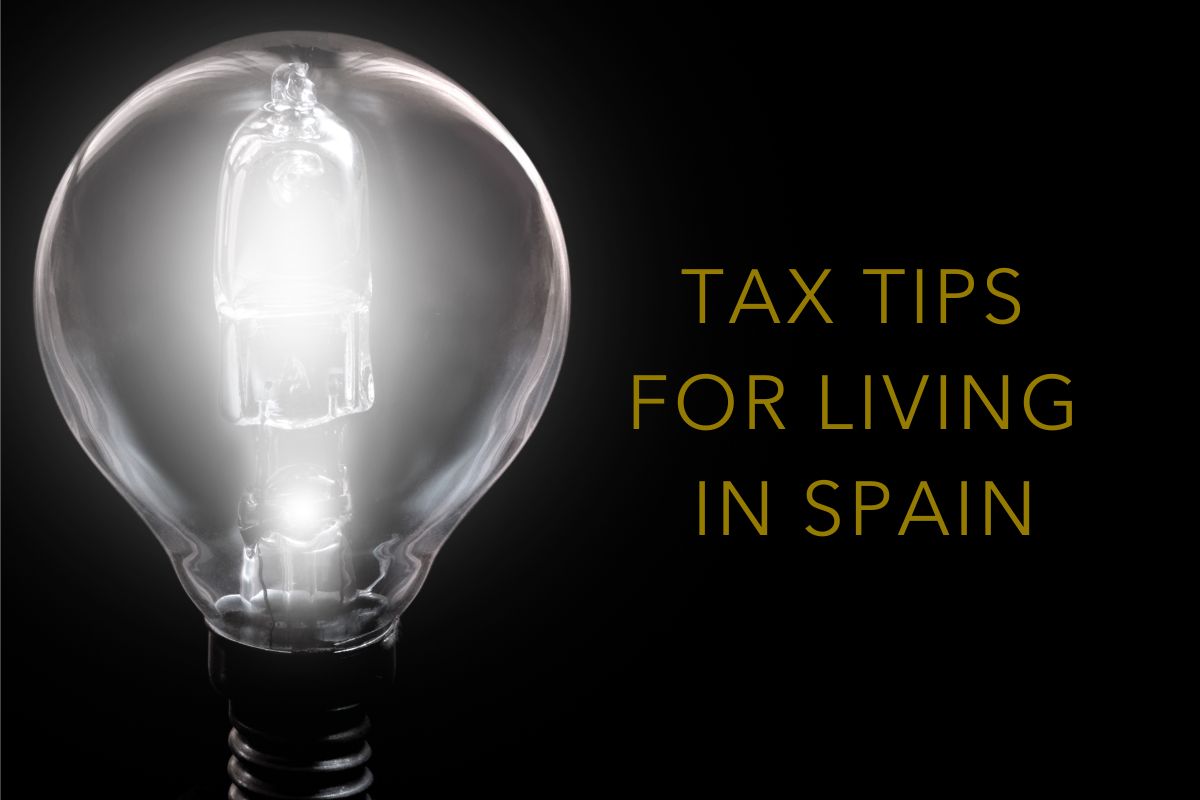Everything is pointing towards branchless banking. That means people having to do all of their banking online. For me, that is perfect. The internet connection permitting, I can go to my bank at any time of the day. I don’t have to wait for it to finish a chat about the weather or the health of their cat before being attended to. I don´t have to find a home for half an Amazon Rainforest worth of paper and, generally, on the homepage there is a smiley photo of a person who may, or may not, work for the bank but that doesn´t matter. In order to perform certain actions online, you need to have registered a mobile telephone. For those not yet in the world of smartphones, it might be time to arrive. A smartphone is not essential for internet banking but the functionality of a smartphone just makes the whole process so much neater and easier (eventually). Whether you use a phone, iPad, laptop, or PC for your internet use, you will need the phone to confirm certain transactions and instructions.
I mentioned some months ago about ways of getting around bank charges that have been applicable since Brexit. Although the withdrawal agreement stated that the UK would remain part of the Single Euro Payments Area (SEPA), certain banks decided to apply charges to UK transactions with the excuse that the UK was no longer part of the EU. They have not taken any notice of the agreement and customers have been paying exorbitant fees for banking. I have recently discovered that a client of mine has been charged €18 a month on a small private pension of around £170 per month. This is being paid to her Spanish bank and they are charging, because they can. She challenged them on this (10% fee a month) and they said that they didn’t realise that it is a pension. However, they still have not done anything about it. Therefore, I have helped the client sort out a new banking arrangement for these transfers, saving her hundreds of euros a year in bank charges, as well as providing her with an exceptional exchange rate.
Brexit has introduced new problems and highlighted existing ones. Undoubtedly, as we progress through the journey and consequences of Brexit, we will have to deal with new taxes, new charges, new barriers, and new paperwork. We at The Spectrum IFA Group can help to make that journey less painful and less complicated.
Contact me today to find out how I can help you make more from your money, protecting your income streams against inflation and low interest rates, or for any other financial and tax planning information, at john.hayward@spectrum-ifa.com or call or WhatsApp (+34) 618 204 731.






